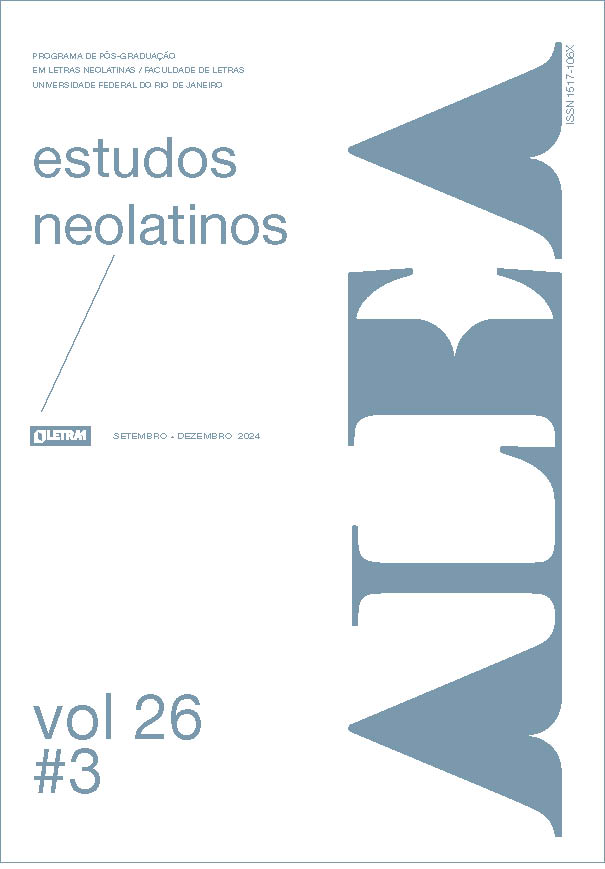Conversa evânica: por uma outra genealogia do ensaio
Resumo
O século do ensaio foi o século da colonização e da queima de milhares de mulheres europeias e não europeias. Segundo a filósofa e historiadora Silvia Federici, dentre as mulheres acusadas de bruxaria estavam aquelas que partilhavam uma amizade subversiva, seja como modo de se aliarem e resistirem à violência arbitrária de seus maridos e da sociedade patriarcal, seja como uma cumplicidade entre mulheres que abortavam, espontaneamente ou não, contra o imperativo estatal de procriar. Se o ensaio nasce, como gênero, associado à amizade, com Montaigne, como seria pensar outra genealogia do ensaio como um gênero que nascesse da amizade subversiva dessas mulheres que foram queimadas como “bruxas” por fazerem um uso não racional e não ocidental da linguagem, como, por exemplo, conversar com a serpente?
Downloads
Downloads
Publicado
Edição
Seção
Licença
O/A/S AUTOR/A/S confirma/m sua participação em todas as etapas de elaboração do trabalho: 1) Concepção, projeto, pesquisa bibliográfica, análise e interpretação dos dados; 2) Redação e revisão do manuscrito; 3) Aprovação da versão final do manuscrito para publicação; 4) Responsabilidade por todos os aspectos do trabalho e garantia pela exatidão e integridade de qualquer parte da obra. O envio dos trabalhos implica a cessão imediata e sem ônus, por parte de todos os autores, dos direitos de publicação para a revista Alea, a qual é filiada ao sistema CreativeCommons, atribuição CC-BY (https://creativecommons.org/licenses/by/4.0/). Os autores são integralmente responsáveis pelo conteúdo do artigo e continuam a deter todos os direitos autorais para publicações posteriores do mesmo, devendo, se possível, fazer constar a referência à primeira publicação na revista. Alea não se compromete a devolver as contribuições recebidas. Autores de artigos, resenhas ou traduções receberão um exemplar da revista.

